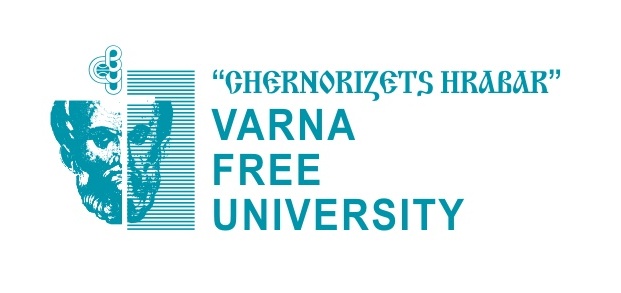
Varna Free University
Varna Free University “Chernorizets Hrabar” is the largest private university in Bulgaria. It is an established academic centre that combines the training of Bulgarian and international students in priority areas for the country and creates an internationally convertible and competitive scientific and academic product. It teaches over 5,000 students in more than 60 bachelor’s and master’s degree programmes and 29 PhD programmes. The university has three faculties – Faculty of Law, Faculty of Architecture and Faculty of International Economics and Administration.
In 2019, Varna Free University “Chernorizets Hrabar” received fourth institutional accreditation for the maximum 6-year period with a grade 9.21 out of 10. The document was issued by the National Evaluation and Accreditation Agency. The grade is among the highest given to the higher education schools in this country.
The high accreditation assessment, the prestigious labels of the European Commission for quality of the educational process – DS Label, for the implementation of the European Credit Transfer and Accumulation System – ECTS Label and for excellence in research – the HR Logo – are proof that Varna Free University is competitive in the European and global educational space.
The European Commission also awarded the university the Erasmus Charter for Higher Education for a second seven-year period. VFU “Chernorizets Hrabar” is among the first three Bulgarian universities to sign “Magna Charter 2020” – for academic freedom and independence.
The greatest pride and achievement of the university is the assessment by the students of the quality of the educational process at the university. The students of Varna Free University “Chernorizets Hrabar” gave an overall grade Excellent 5.63 for the quality of the educational process taking place at the university.
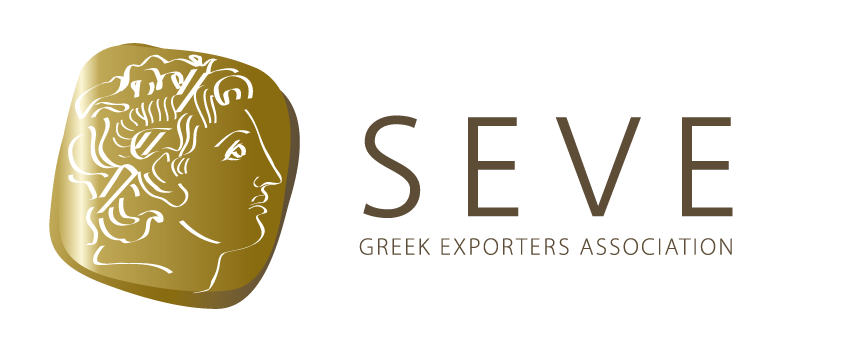
Greek Exporters Association -SEVE
The Greek Exporters Association (SEVE) was established in 1975 as a non-profit organization and is currently the largest association of exporting companies in Greece.
SEVE’s members include manufacturers, distributors and service providers of a broad spectrum of products and services. The membership base of SEVE includes more than 750 active and dynamic exporting companies and business groups throughout the Greek territory, with 55,000 employees and 16-billion-euro export turnover, corresponding to 50% of the Greek exports.
SEVE’s mission is:
• to consolidate, protect and promote the professional, economic, social and ethical interests of its members
• to promote and support Greek products and services in foreign markets,
• to promote and support the development of international co-operation between Greek enterprises and those of other countries,
• to conduct market research in foreign countries,
• to collect and disseminate information and statistical data in order to inform its members,
• to cooperate with organisations worldwide and
• to implement European programmes that sustain the economic interests of its members.
In 1989, SEVE established the Institute of Export Research and Studies (ΙΕRS), which performs the following functions:
• monitor and analyse short-term international trade trends, especially focused on Greece and the EU-27
• provide reliable and continuously updated information about particular sectors and markets
• undertake sponsored and commissioned research projects on international trade issues
• cooperate with research institutions within Greece and abroad
• organize International Trade Conferences
In 2008, the Association has been awarded the ISO 9001 Quality Assurance Certificate and is also a certified by the Hellenic Ministry of Development, as a Beneficiary of Project Management Capacity responsible for initiating and implementing operations.
Our Support Activities
• Trade assistance through the collection, interpretation and dissemination of information that help Greek companies to develop their international activities and foreign companies eager to develop activities in the Greek market.
• Co-operation at international and national level that enhance collaboration between SEVE member companies and enterprises in foreign countries
SEVE successfully manages and implements national and European co – financed projects aiming at the support and promotion of co-operation among enterprises in different regions and countries. SEVE has constituted many partnerships and has submitted proposals for new projects to be financed under European Programmes.
• SEVE designs and organizes training – seminars and coaching – targeted to university graduates, businessmen and personnel of extrovert companies covering fields that prevail in international trade, such as export marketing, export procedures, electronic commerce, INCOTERMS, payment procedures, participation at exhibitions abroad and others.
• Furthermore, SEVE maintains in its premises a complete library of journals and books related to exports that facilitate our members to update their knowledge about all recent evolution in their field of interest.
The implementation of European Projects together with the undertaking of organization of several Trade Missions and Meetings worldwide, has offered us an extensive network of partners worldwide.

European Regional Framework for Cooperation (ERFC)
ERFC, taking stock from a host of EU networks of excellence, in which its founders participated or initiated, is established in a converge region (Western Greece), with an ever expanding network of offices in other Greek & EU Regions.
ERFC, aims at serving as a best example of bottom-up Institution Building effort towards EU Integration and regional competitiveness, playing a key role, contributing in the implementation of EU Regulations and Directives through its participation in EU funded networks & projects, at interregional level. Mainstreaming EU project recommendations into National & Regional policies is its ultimate goal.
Territorial Co-operation is enhanced as ERFC’s members and associates are key EU Integration executive persons, Public Bodies, Academic Institutions and Civil Societies, primarily from EU but also from the rest of the word, securing the creation of economies of scale.
Further structuring of ERFC is expected to take place in the frame of EGTC _ European Grouping for Territorial Co-operation.
OUR GOALS
International Co-operation
International co-operation, supported by EU programmes may form the basis for the creation of economies of scale that foster competitiveness.
Entrepreneurship
Human resources encouraged to participate in decision making, entrepreneurship and sharing local development concerns, is vital for sustainable private and public prosperity.
Economic Development
The efficient & rational use of Natural Resources forms a basic parameter for local economic development.
New Technologies
Integration of New technologies is crucial for economic development and improvement of quality of life.
Sustainable Development
The protection of the environment is the corner stone for sustainable development.
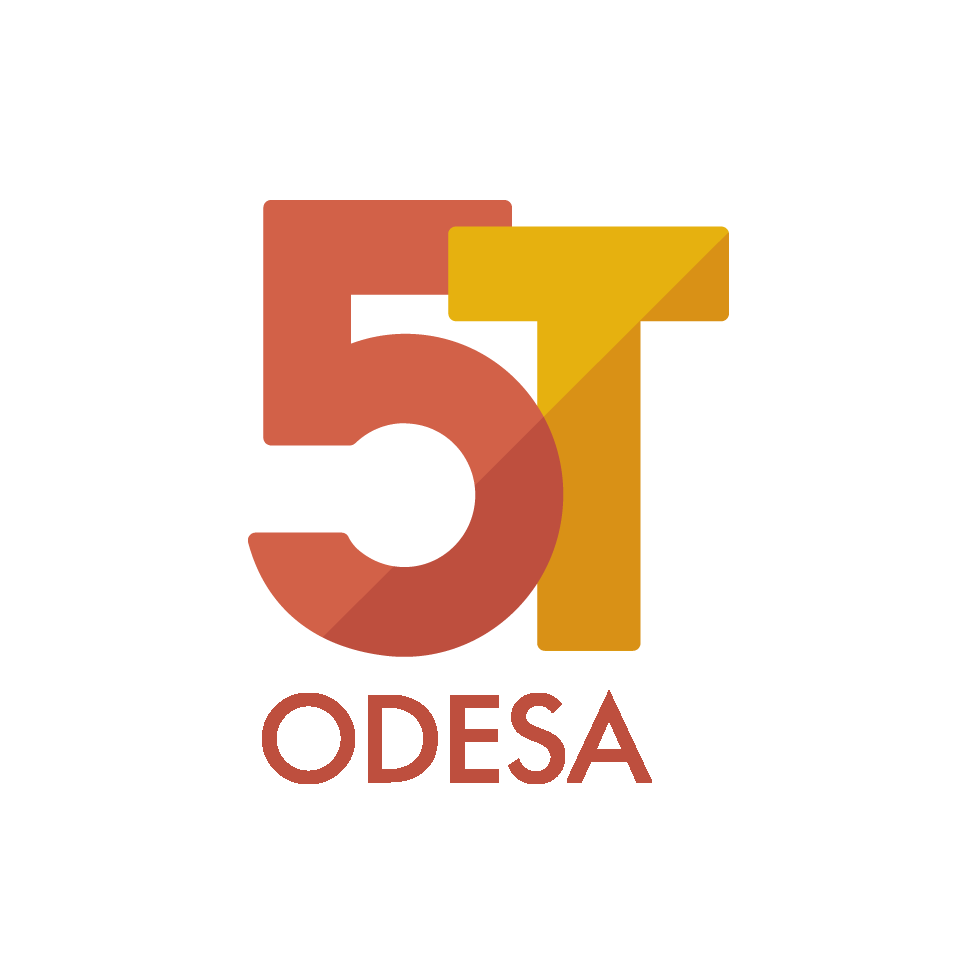
Municipal Institution “Grant Office “Odesa 5T”, Ukraine
What we do?
Prepare and submit grant projects and support their implementation, namely:
– Looking for priority grant/donor programs
– We study application requirements and eligibility criteria, guidebooks
– Interact with the Executive Committee of the Odesa City Council and public organizations in attracting grants
– Determine, together with organizations, priority areas for projects
– We prepare applications, prepare and submit packages of documents
– We support projects in the process of implementation.
Contacts:
+38 048 737 61 54
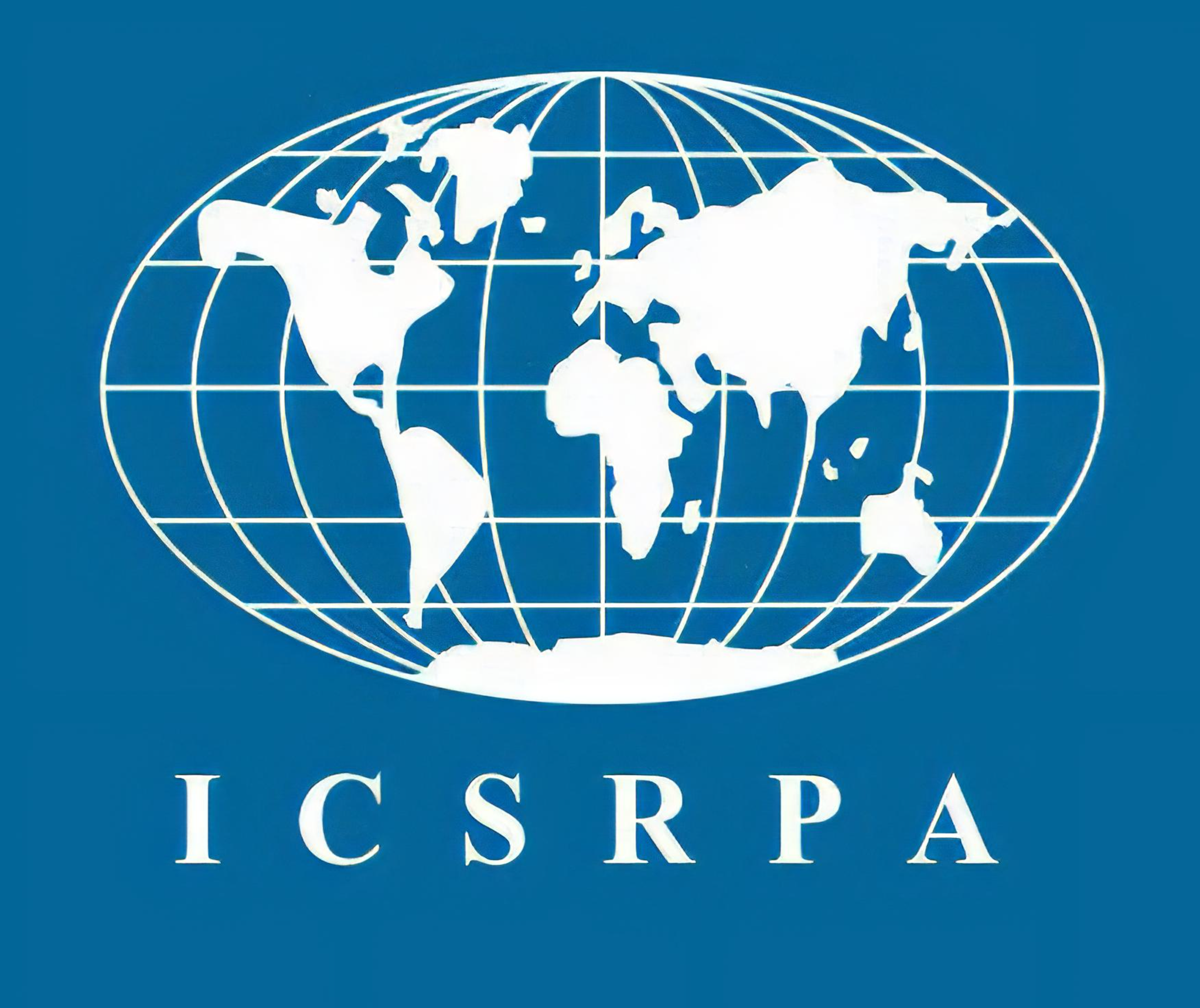
International Centre for Social Research and Policy Analysis
The International Centre for Social Research and Policy Analysis (ICSRPA), an independent think tank specializing in policy analysis, economic competitiveness and management consultancy, promotes the processes of conceptual change, reforms and development in Georgia. The center has strong background and experience in conducting training courses for Entrepreneurship development and implementing policy oriented projects under the auspices of the international donors including European Commission, United Nations Democracy Fund, German Agency for International Cooperation (GIZ), Norwegian Institute of International Affairs (NUPI), UNDP Georgia, Konrad Adenauer Foundation etc. Since it was founded and officially registered in 2004, the Centre has managed to preserve its status as an independent and impartial organization. The Centre is located in Tbilisi, but operates across Georgia. ICSRPA conducts training on variety topics to build capacity of local stakeholders. The Centre also conducts research and analysis to identify target groups’ needs and/or tendencies for development, to elaborate country specific reports, action plans, strategies and other documents, aimed at policy authorities and decision makers. Part of project activities refers to project management, communication and dissemination of project results, testing and piloting activities. Organization of events of different size like conferences, round-tables, exhibitions, study tours, exchange visits and many others are integral part of ICSRPA activities along with development of publications, informational materials for projects’ publicity and visibility. ICSRPA also can contribute as a coordinator for the communication and dissemination activities, using the experience of its software developer and web-designer.
In 2009-2010, under the auspices of the European Commission and German Technical Cooperation Agency (GIZ), ICSRPA experts carried out diagnostic study analysis and created strategic framework for regional economic development in Georgia. In this project particular attention has been paid to the development of agribusiness sector and engagement in entrepreneurship activities. We were actively involved in GIZ program – “Institution Building and Human Resource Development for e-Learning in the Caucasus”, which significantly contributed to upgrade professional skills and qualifications of entrepreneurs in the Black Sea area. ICSRPA has elaborated the relevant Strategy for Regional Development of Georgia based on the preceding Diagnostic Report in the field of Innovation, New Technologies and Entrepreneurship. Our experience includes elaboration of coherent PR and promotional strategies and launch of extensive value-driven PR campaign in order to promote NIS realization in Georgia and dissemination of the project results to larger audiences including the Government of Georgia, business sector, universities, scientific research institutions, donor organizations, through presentations, workshops, public discussions, printing media, radio and television. The outcome of this project was policy advice and recommendations as well as public awareness rising and consensus-building among the key stakeholders. The results of this study were useful to analysts and decision makers in government agencies, universities and business sector for setting priorities and undertaking appropriate actions. Our experts have successfully elaborated study to illustrate the methodology of the National Innovation System (NIS) Framework, which has been successfully used in OECD countries and more recently is becoming the focus of increased attention from developing nations. It introduced a framework for describing the national innovation system, the purpose of which was to provide policy makers with a tool to understand the constitution and characteristics of National Innovation System (NIS) in Georgia, to evaluate the nation’s innovation capabilities and performance, and better assess policy choices and potential impacts. ICSRPA experts have elaborated first of its kind in Georgia a Local Wine Tourism Cluster.
In 2012 ICSRPA was included in the Black Sea Basin Joint Operational Programme under the ENPI of the EU. Within the framework of the financed projects under the auspices of this program ICSRPA actively cooperates with regional partner organisations from Romania, Bulgaria, Greece, Turkey, Ukraine, Moldova and Armenia. The Centre has been awarded a Certificate, for the active participation in the EU Black Sea Cross Border Cooperation Programme, by the Office of the State Minister of Georgia on European and Euro-Atlantic Integration.
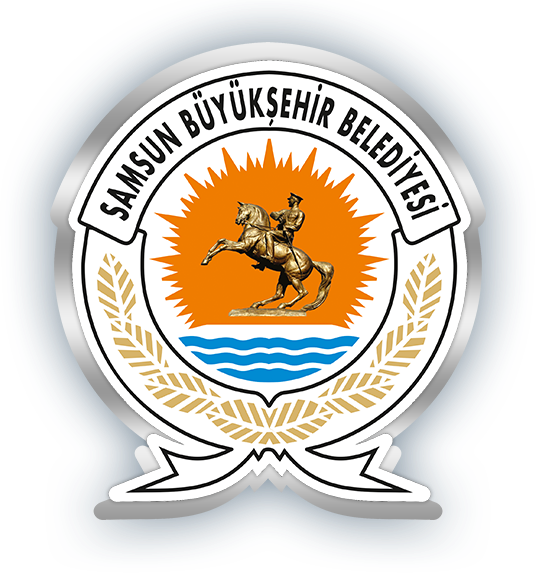
Samsun Metropolitan Municipality
Samsun Metropolitan Municipality is the state organization that runs the municipal affairs of the province’s border of Samsun.
Samsun Metropolitan Municipality, with its 24 departments and more than 2000 personnel who are competent in their fields, is the local administration unit that carries out municipal affairs in the entire province of Samsun, which has a surface area of 1,055 km2. The establishment of Samsun Municipality was with the decision to implement the modern municipality system, which was taken as a result of the westernization movements of the Ottoman Empire, together with the Kanun-i Esasi (the Ottoman basic law). During that period Samsun was a city of Canik District and was governed by mayors appointed from Istanbul. Samsun City, which is among the provincial municipalities, was administered in this way until 1893. In 1893, the mayor came to power for the first time with the election of the people. The municipality, which continued to exist after the proclamation of the Republic, became a metropolitan municipality with the decree-law number 504 adopted on September 2, 1993. Its name was changed to Samsun Metropolitan Municipality, and its powers and scope of duty were expanded. Finally, the scope of the law numbered 6360, which came into force in 2014, covered all 17 districts of Samsun.

